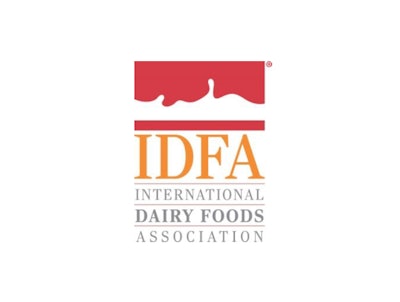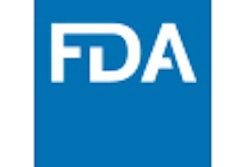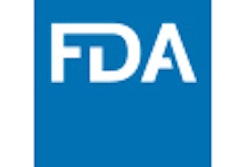
IDFA today urged to modernize outdated standards of identity for dairy products, revise overly burdensome regulations under the Food Safety Modernization Act (FSMA) and extend the compliance date for the revised Nutrition Facts label in comments filed in response to the agency’s request to identify regulations that foods manufacturers believe should be repealed, replaced or modified.
The association is asking FDA to extend the compliance dates for the Nutrition Facts label and Serving Size final rule to July 1, 2020, for manufacturers with $10 million or more in annual food sales and until July 1, 2021, for manufacturers with less than $10 million in annual food sales. This additional time will allow dairy companies to properly manage label changes and significantly reduces costs to food companies and consumers.
In its comments, IDFA said that there are currently 300 identity standards for foods across 20 broad categories that establish defining characteristics and describe processing parameters, permitted ingredients and compositional requirements. However, IDFA says many of these standards are outdated and do not reflect current processing technology nor do they provide the much-needed flexibility for future technological advancement
“Reviewing and revising the existing standards of identity would provide more flexibility, allow for new ingredient uses and reflect current and future technological advances,” said Cary Frye, IDFA senior vice president for regulatory affairs. “Each of the proposed changes will provide dairy processors with greater flexibility, the ability to create more innovative products and continue to meet consumer expectations.”
IDFA highlighted 10 dairy product identity standards that require modernization and modification including standards for cheese, ice cream, milk and yogurt.
Several provisions in FSMA, including the intentional adulteration rule, supply-chain requirements for co-packers and written assurances requirements, need revisions because they are overly burdensome, IDFA said.
“FSMA regulations represent a paradigm shift in how food is regulated in the U.S. to protect consumers from foodborne illness outbreaks, and our members are dedicated to ensuring that their products are safe, wholesome and nutritious,” said Frye. “Now that all of the major FSMA regulations have been promulgated, it is clear that in many instances there are duplicative and unnecessary requirements.”
A list of the 24 priority areas for regulatory reform can be found here.



















